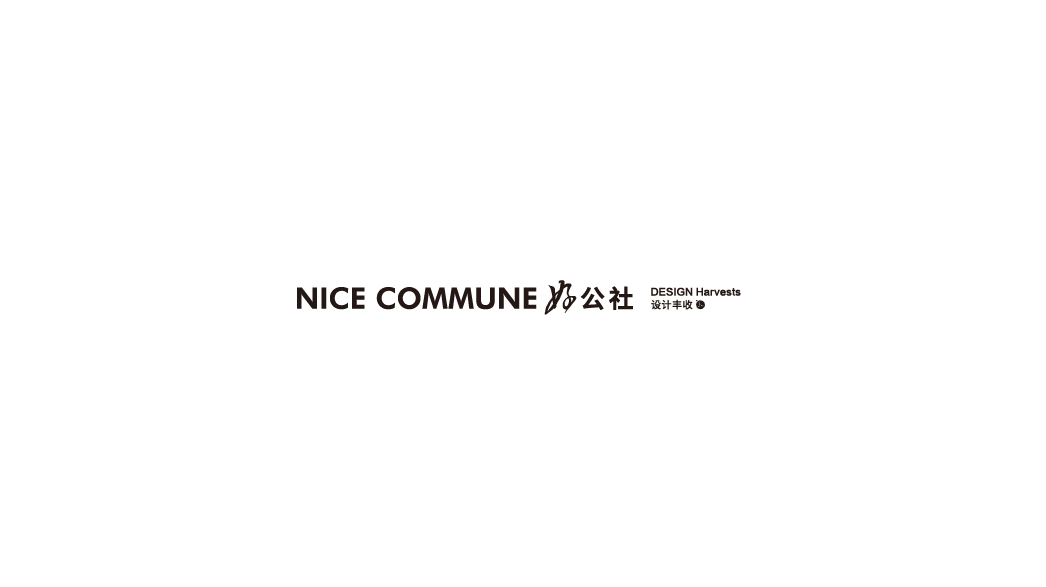Project Name: Developing a Business Plan for NICE 2035: Building the Future of Innovative Communities
Project Time: 2023 Fall
NICE 2035 will continue the content planning strengths of the “Good Community”, focusing on sustainable lifestyles and creative community culture, and spotlighting the individualized development of young people through various community activities. By tapping into resources from Tongji University’s design alumni and leveraging the “Hello” design brand, it provides a platform for cultural and creative enterprises, brands in transition, and new youthful brands to showcase and incubate.
In future operations, the space will constantly rejuvenate its creative vitality through slow brand flash sales, festival events, general goods retail, mini fairs, etc. By offering space rentals and shared spaces, it provides flexible usage areas for nearby student groups and community entrepreneurial groups, incubating emerging brands. Through this, the goal is to attract and gather innovative communities and industries, leveraging one space to foster a supportive community system.
Jinmu Liang (Duke Kunshan University), 2026
Laura Liu (Duke Kunshan University), 2026
Albina Khisamutdinova (Duke Kunshan University), 2027
Rhayssa Braz (Duke Kunshan University), 2026
Team members deepened their understanding of the project direction through an extensive literature review, combined with field studies, on-site observations, and in-depth interviews with Tongji University students, local residents, and international community members. Together with the representatives of the NICE 2035 Community, they explored a series of practical and sustainable community operation strategies aimed at introducing more innovation and attracting community participation. During the six-month exploration, the project team challenged traditional fundraising methods and proposed diverse fundraising approaches, including fashion shows, community activities, and sports charity events, providing viable new directions for raising basic funds for the community. Additionally, they proposed suggestions for improving existing space utilization and membership management systems to optimize the community’s operational model.
Our business process plan
1.Fundraising
- crowdfunding
- sponsorships and collaborations
- unique and engaging fundraising activities
2.Cooperation with NICE
3.Space Building and Running
4.Supply Chain
Research and Field Work
- Interviewed NICE 2035 and neighborhood locals
- Conducted literature review of past projects and similar co-living and co-working spaces
Cooperate with NICE
After clarifying our theme and raising enough funds, to incubate our own bag design project, a co-created Bag Design Studio will be built using NICE Commune ’ s resources:
- Spaces that are open for diverse activities and rentalspaces for entrepreneurs
- Close relationship with key stakeholders (local communitymembers, Tongji University ’ s students and professors, etc.)
Space Building and Running
- Design and sell bags
- Sustainability: daily created waste
- Creativity: decorated by the activity participants and themembers
- Culture and diversity: design from diverse culture background
Promotion
Chinese Social Media:
- Tailor content for various platforms.
- Collaborate with influencers aligned with sustainability values.
- Conduct activities and giveaways to boost engagement.
- Focus on KPIs like website traffic and customer feedback.
International Social Media:
- Cultivate brand ethos through official accounts.
- Use visual storytelling to portray style and eco-friendliness.
- Utilize Reels and innovative content, exploring barter advertising.
Targeted Advertisements:
- Cost-effective compared to other advertising methods.
- Reach consumers already interested in eco-friendlyproducts.
To view more related outcomes, please click on the link. (Viewable only by DKU community)
“NICE 2035″ Haogongshe好公社stands for neighborhood community Innovation, Creativity, and Entrepreneurship towards 2035. Because Tongji University is located there, the Siping Road area in Yangpu District has become the central part of the “Tongji Circle.” Plans are underway to create an innovative and entrepreneurial neighborhood around this area, with a vision set for the year 2035.
By the end of 2011, Tongji University’s College of Design and Innovation moved to the east campus adjacent to the community. In December 2015, the “Open Your Space (OYS)” project was launched. In February 2018, the prototype of “Future Life Street” officially started, and by July 2020, the “Good Community” was formally established. The boundary between the university and the community has gradually blurred, and the spillover of talent and knowledge from Tongji University has increasingly created a clustering effect in the community. The “Good Community” was designed by the Italian master designer Aldo Cibic, and it comprises a new space integrating shared kitchens, boutique coffee, exhibition galleries, and creative offices. Since its inception, over more than two years of operation, it has continuously integrated new things from external communities with the lives and culture of the original inhabitants. The community has gradually become an extension of the university, and vice versa, forming an initial prototype of a “life laboratory” that merges various community cultural exchanges.
In 2022, the Shanghai epidemic posed significant challenges to living environments, campus life, and daily commuting. In the post-epidemic era, the breakthrough of physical boundaries, the elimination of emotional barriers, and the establishment of trust mechanisms became topics for rethinking the “good life”. The “Chifeng Road No. 81” project emerged amidst these challenges. The space is located on Chifeng Road, just one wall away from Tongji University’s main campus, and sits at the core of the “Ring Tongji Knowledge Economy Circle”. It will continue the vision of the future life prototype laboratory, linking the campus, community, and park to form a “third space” with new social functions.
Chifeng Road No. 81 was jointly created by Tongji University in collaboration with Starbucks, Good Community, and HELLO Campus Gift Shop, and forms a multifunctional ecosystem that includes physical prototype stores, innovative education spaces, and industry incubators. Within the space, YELLOW BOX, GREEN BOX, and RED BOX serve as functional zones. The concept of no boundaries eliminates regional barriers, hoping to connect more broadly to the community and campus environment through this space.

